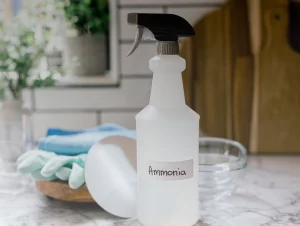
Vene though bleach always takes the first position when it comes to cleaning, household ammonia is probably one of the most powerful products that you have at home. It is efficient and versatile in terms of uses. Keep reading to see what you can use ammonia for around the house.
Make sure you never combine ammonia with bleach or any other chlorine-containing substance. The reaction produces hazardous fumes that can be fatal. Avoid inhaling the vapours by working in a well-ventilated area. Avoid getting ammonia on your skin or in your eyes by using rubber gloves and protective eyewear. Keep ammonia out of the reach of children at all times.
Continue reading “How to use ammonia around the house”
Blog
How to clean a beautyblender (or any type of makeup sponge)?
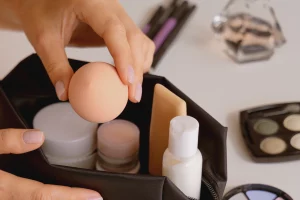
When new, beautyblenders look like the perfect, clean, neon egg. However, it only takes one use to make them far from that. With the first makeup application, they absorb a bunch of foundation, powder and other makeup that makes them look far from clean and pleasant.
An important detail to keep in mind is that after all, beautyblenders are simply sponges. And as we all know, sponges absorb well and are prone to bacteria growth. Not only the fact that they stay wet causes mould and mildew growth. The fact that they touch your face increases the amount of bacteria that gets trapped inside. That makes it very important that you keep your makeup sponges clean and dry.
Continue reading “How to clean a beautyblender (or any type of makeup sponge)?”
When should you get rid of your kitchen sponge
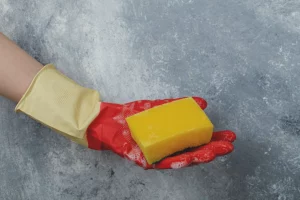
Kitchens are often one of the grimiest places in the house. That is why cleaning them on a regular basis is extremely important. Kitchen cleaning with dirty tools, however, will not do the trick. Sponges, cloths, and brushes are mostly used for washing dishes, countertops, wiping tables, and other surfaces that easily get unclean. As a rule of thumb, you should replace your sponge once a month. However, if you are using them unusually often, or you clean very filthy things with them, you may need to replace them more often.
Continue reading “When should you get rid of your kitchen sponge”
Soap nuts. What are they, and how to use them for cleaning around the house?
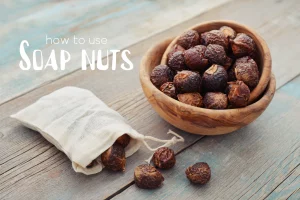
Using a ‘’nut’’ for the household cleaning chores may seem odd. However, while soap nuts are still rather foreign to most people, they are rightfully earning their rank as mainstream laundry detergent alternatives for more and more households that choose the green biodegradable way.
Continue reading “Soap nuts. What are they, and how to use them for cleaning around the house?”
Things that make your home dustier
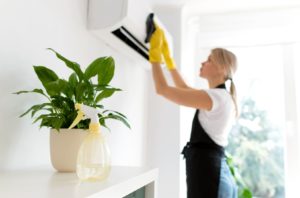
No matter how often you are cleaning your house, dust is an inevitable part of it. When you think about what dust really is, you will find out it is a combination of pollen, dead skin cells, insect parts, mould spores, ash, and more. It is attracted by a number of items and surfaces around your house and can quickly enter through open windows, doors, etc. In order to reduce the amount of dust around the home, you should understand which are the things that mostly produce/attract it, and avoid them. Keep reading to find common mistakes you should steer clear of to have less dust around your house.
Continue reading “Things that make your home dustier”
